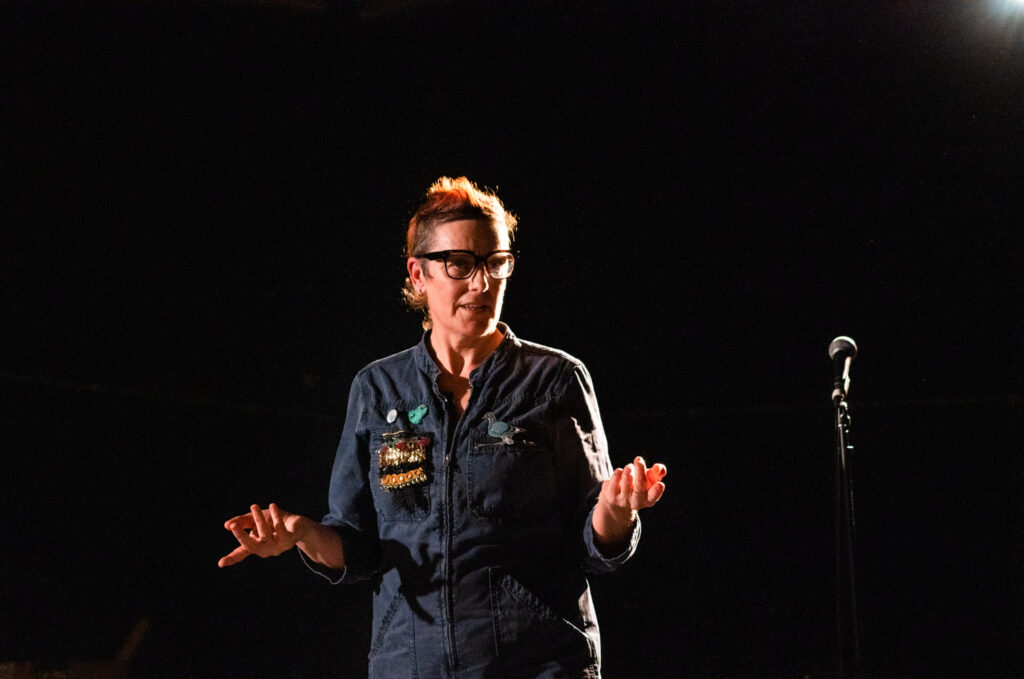John Osmond opens up a debate on the teaching of the language in English-medium schools
In his Presidential address to the National Eisteddfod in Cwm Gwendraeth in 1989 the late Ioan Bowen Rees, wise and patriotic former chief executive of Gwynedd county council, had this to say about the Welsh language:
“We bring up our children to speak Welsh, not for the sake of the language, but for the sake of our children. And not in the main for them to enjoy literature – however unreasonably superb that literature may be, considering we are such a small tribe. To many of us, the Welsh language has become a symbol of things more important than language even, and that may be our salvation. Welsh has come to symbolize neighbourliness, brotherhood and equality. More fundamentally, every minority language symbolizes the right to think in a different way, to express that difference and to be different and free – to use a phrase of Ivan Illich, ‘a domain on which a certain kind of power cannot trespass’.”
These words came back to me when I began reading the report of the group led by Professor Sioned Davies, of Cardiff University One Language for All on the teaching of the Welsh language to the majority of our children in the English-medium schools of Wales. The report was commissioned by Leighton Andrews when he was education Minister back in the summer of 2012, and published in September (available here).
|
‘The fate of the language’
Tomorrow: Tim Williams argues that teaching through the medium of Welsh in English-medium schools damages education On Thursday: Rebecca Williams says we cannot leave things as they are with teaching Welsh as a second language
|
The report’s main recommendation, that Welsh should have the same status as other core subjects like Maths and English, has already proved controversial. The status of the language is such that many critics prefer to remain unanimous, but phrases like “social engineering” and “forcing the language down people’s throats” are inevitably being deployed. We will be publishing a strongly worded critique of the Sioned Davies report by Tim Williams, a former adviser to the Welsh Government, tomorrow.
There is no doubt, however, that teaching Welsh in our English-medium schools is hugely unsatisfactory. Profess Davies says so in her introduction to the report. As she says:
“It is undeniably the eleventh hour for Welsh second language. Although there are many wonderful teachers working in the field, and some individual examples of exemplary teaching, Estyn reports show that the overall standard has fallen annually. In fact, pupil attainment levels are lower than in any other subject. Had this been said of Mathematics, or English, a revolution would undoubtedly have ensued. But low attainment in Welsh second language has been accepted as the norm. If we are serious about developing Welsh speakers, and about seeing the Welsh language thrive, a change of direction is urgently required before it is too late.”
The change of direction required is spelt out in 24 recommendations. But undoubtedly it is the need to make Welsh a core part of the curriculum, that is a required subject, from which all else follows. If that were to happen our English-medium schools would begin to take the Welsh language seriously. As the report concludes:
“The key factor that cannot be overemphasized is the requirement for the subject to receive the same status as the core subjects within schools, have equal status within the national curriculum and the same prominence in performance measures. Once this is achieved, many of the improvements required will either be a necessity or will be a natural progression resulting from the enhanced status.”
We shouldn’t underestimate the challenge that this represents. Many English-medium schools would have to change their ethos. There would have to be concerted efforts around teacher training. There will need to be a grown-up engagement with pupils to discuss the advantages the language can bring. Schools will need to reach out to community organisations like the Urdd and Menter Iaith. Change cannot happen overnight. All this and more is referred to in the report. For instance it says:
“Evidence received from both parents and pupils in focus groups suggested that the majority considered that the ability to speak Welsh was advantageous both for future employment and in gaining an appreciation of Welsh identity.
‘It opens doors. No door is shut to you if you can speak Welsh’ ‘If you can speak Welsh, there are more job opportunities.’
This reflects the remarkable change in attitudes towards the language that has occurred in English-speaking Wales during the past three decades. It explains, for instance, why the majority of children in our Welsh-medium schools now come from English-speaking homes. It also argues against the suggestion put forward by Simon Brooks on ClickonWales last week (here) that somehow the Welsh language community would prosper more if it drew up a drawbridge against the realities of the outside world.
Of course, those realities are harsh. But so is the strength of the determination of those who see the value of the language and wish to see it thrive, as Ioan Bowen Rees said, for the sake of our children.
The report talks about a ‘continuum of language skills’, to break down barriers between the various stages in a pupil’s progression. The same I think should be applied to our English-medium schools. They should think of themselves as stepping out on a journey to develop their engagement with the language on a broad front over time. Some will see great changes in just a few years. For others it may take a decade or more. But that’s not the issue. The important thing is the journey, and the first step.
It is also a question of political will. Does our new Education Minister have the vision to grasp the opportunity to give the lead that Professor Davies and her colleagues have called for? It’s a tough ask and there will be a hundred reasons to say no. But it’s probably the one thing for which Huw Lewis will be remembered.






Comments are closed.